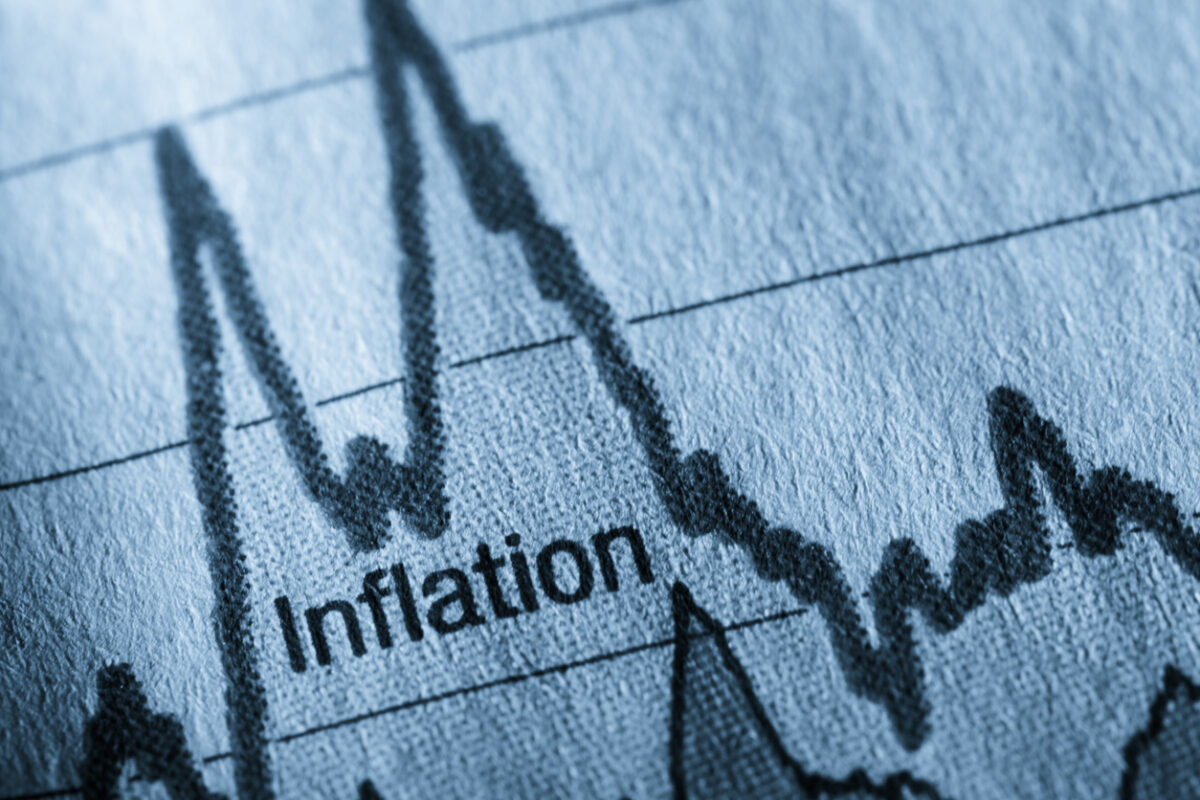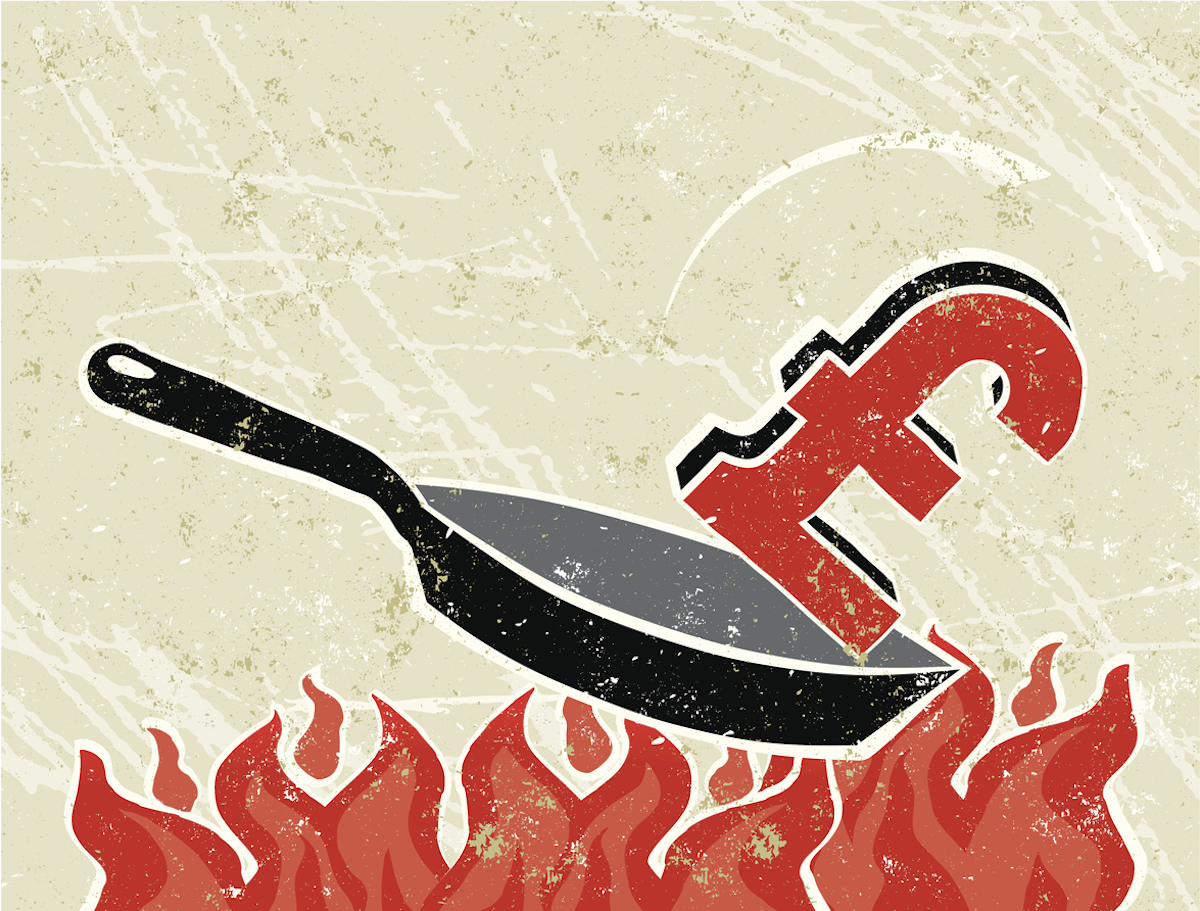Price of UK’s fresh produce up by 13.3% year on year as food inflation hits new record

The price of fresh food in the UK is up 13.3% compared to October 2021, figures from the British Retail Consortium (BRC) show.
This price hike recorded last month is well above the three-month average rate of 12% and is the largest percentage increase on record for fresh food, according to the BRC.
General food inflation accelerated to 11.6% in October – a jump from 10.6% in September, and also the largest inflation rate to be seen in the category.
The cost of less perishable food items rose more slowly than fresh goods, but still increased to 9.4% last month – a 0.8% price hike from September.
Overall shop prices have become 6.6% more expensive in the 12 months to October, which is the biggest annual increase seen since 2005, says the BRC.
Many food staples are becoming more costly as a result, with tea bags, milk and sugar all seeing significant price increases, according to BRC Chief Executive, Helen Dickinson OBE.
“Prices were pushed up because of the significant input cost pressures faced by retailers due to rising commodity and energy prices and a tight labour market”, she said.
“While some supply chain costs are beginning to fall, this is more than offset by the cost of energy, meaning a difficult time ahead for retailers and households alike.”
Dickinson has called for the Government to freeze business rates to ease the burden of supply chain pressures which are making it difficult for retailers to keep prices down for customers.
This would help “prevent an additional £800m bill landing on the plates of retailers and in turn their customers in 2023”, she added.
The official measure of consumer price inflation returned to double digits last month, reaching 10.1%, but the Bank of England has predicted it will rise again to nearly 11%.
The increase in food prices has meant some shoppers are buying less fruit and vegetables and switching to cheaper foods, which tend to be more processed and less nutritious.
Some consumers are also eating less as a result. Findings from the Trades Union Congress last month showed that one in seven Brits were skipping meals or going without food to save money.
Head of Retailer and Business Insight at NielsenIQ, Mike Watkins, commented: “With pressure growing on discretionary spend across both non-food and food retail, delivering good value is the table stake in the battle for shopper loyalty over the next 8 weeks.”
As inflation continues to grow, find out how rising prices could impact the food industry in this Food Matters Live Podcast episode:








